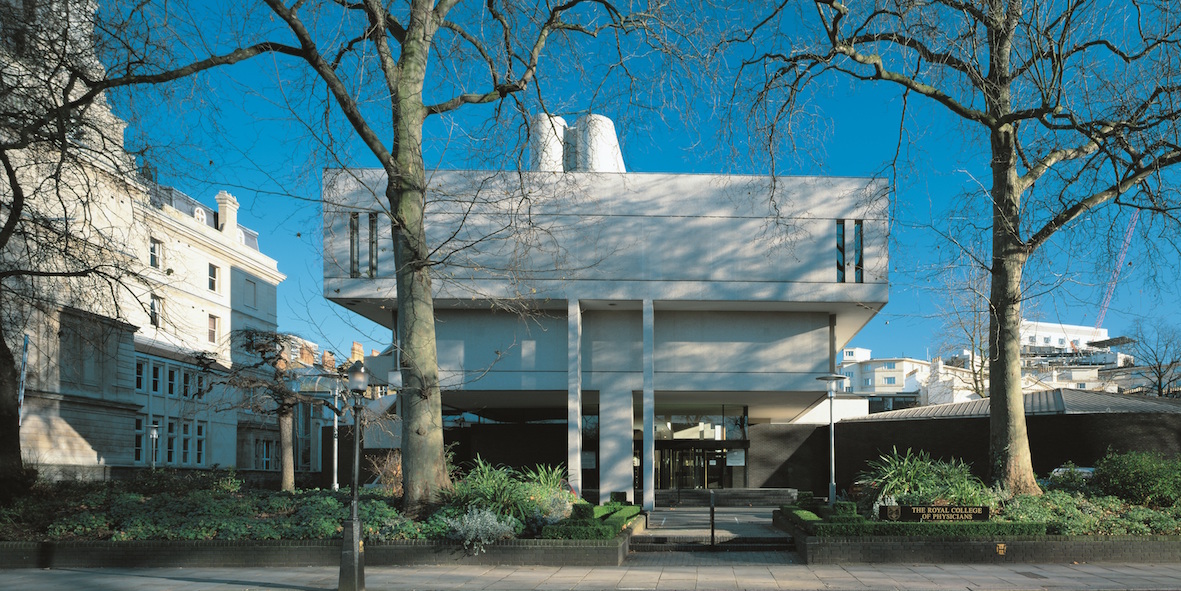Conference Report 2019
The 66th Annual Conference of the BSSPD was held at the Royal College of Physicians in Regents Park London with 332 delegates on the Friday. The meeting was focused on ‘Managing the Heavily Restored Dentition’ and we were delighted to see so many young practitioners attend as this has become an area of concern for their day to day practicing lives and the choices they have to make in treatment planning made this very relevant for them.
The meeting was opened by Professor Helen Craddock, the Vice Dean of the Royal College of Surgeons of Edinburgh, who gave an eloquent address on how she had been influenced by the society and its membership in her career. She was followed by former President Peter Briggs (QMUL) who showed very clearly with the help of a colleague from HEE and with the aid of dynamic mapping software how the demographics of the patient base will alter over the next few years and where certain groups of patients might be encountered. This might influence where practitioners want to work in general practice depending on their personal clinical interests but also might leave some areas with a shortage of dentists.
Many younger colleagues feel overwhelmed by these heavily restored dentitions and the next speaker, Dr Amitha Ranauta (QMUL) gave a very inspiring presentation on confidence and how the fear of the GDC might be misplaced if communication is made clear to the patient from the outset.
The question of saving teeth versus extraction and implants was addressed by the next two speakers with Dr Jeremy Hayes (Cardiff) showing very clearly that dismantling heavily restored teeth is not beyond the skills of a good GDP. This was followed by Professor Shakeel Shahdad (QMUL), who is well known in implant circles, making a clear plea for careful consideration of the patients previous history before embarking on implant therapies and also that the current trend to extract teeth may backfire with the rising incidence of perimplantitis and its consequential litigation.
After lunch our invited speaker from the USA, Professor Terry Donovan, gave his first presentation on ‘Realistic approaches to treatment’ where he gave down to earth advice on treatment options for these difficult cases. This was particularly well received by the specialist trainees. To act as a reinforcement learning tool the next session had a panel discussion of cases for treatment planning with James Field (Sheffield) as the moderator. It was interesting to note that there was little difference in the approaches of the UK panel members to the American view!!
The evening saw a well-attended informal gathering serenaded by a Northumbrian piper which was most convivial.
Saturday began with the annual Schottlander Oral Presentations which were all of an extremely high standard. This was followed with some very practical advice on managing the difficult subject of diagnosing pulpal and periapical disease which Dr Simon Stone (Newcastle) presented with great aplomb. The next subject covered an area often forgotten in the modern aesthetically and implant driven world, partial denture provision, which was delivered with great enthusiasm and knowledge by Dr Finlay Sutton (Private Practice).
Next was the second presentation by Professor Donovan on materials choice which was based on sound clinical evidence and again was important for the trainees in the audience to hear why certain materials perform in certain ways.
Periodontology was next with Dr Reena Wadia (Private Practice) clearly showing the importance of periodontal diagnosis and treatment in managing fixed, removable and implant cases.
Next was the eagerly awaited prestigious Schottlander prize announcements from Tony Preston (Liverpool) and the winner of the poster prize was Ioannis Papadopolous (QMUL) and the oral prize went to Stefano DelMonte (QMUL).
All that was left to do was to hand over the Presidential office to Dr Lorna McCaul who gave a short presentation and invitation to next year’s conference which will be held in Glasgow.
The success of the Conference was as a result of major inputs from Council members particularly Dr Michael Myint, our administrator Mrs Kirstin Berridge and the support of the membership.

No Conference programme available to download as there was a conference app instead.